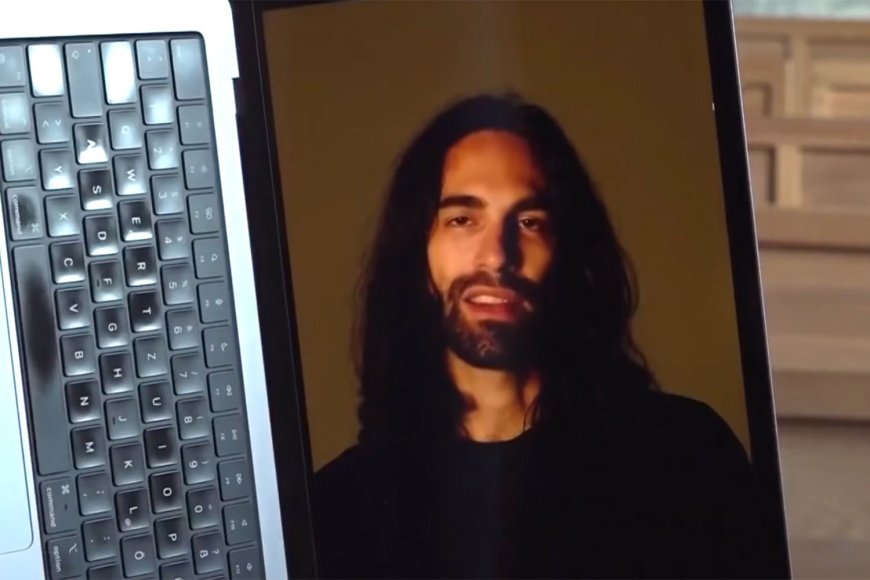'AI Jesus' Installed in Church's Confessional Booth Dubbed 'the Work of the Devil' by Critics
"We’re probably pioneers in this," said chapel theologian Marco Schmid

"We’re probably pioneers in this," said chapel theologian Marco Schmid
One church’s experiment of using AI in its confessional booth is facing mixed feedback.
Peter’s Chapel, a Catholic chapel in Lucerne, Switzerland, partnered with researchers to install a digital version of “Jesus” in a confessional — an experiment called “Deus in Machina,” Latin for "God in the Machine" — in order to gauge the efficiency of use and responses, the Associated Press, The Guardian and Today reported.
“It was really an experiment,” chapel theologian Marco Schmid told The Guardian. “We wanted to see and understand how people react to an 'AI Jesus.' What would they talk with him about? Would there be interest in talking to him? We’re probably pioneers in this.”
The AI system, which had a visual of Jesus, was installed in a confessional booth in August 2024 and lasted two months, according to the reports. The AP reported visitors were alerted by the AI system with a sign telling them what they would be getting into.
Once inside, there would be a green light to let them know when to speak, and a red light to let them know when the "AI Jesus" would respond.
Related: AI-Generated Contestants Will Compete for the Title of ‘Miss AI’ in World’s First AI Beauty Pageant
Philipp Haslbauer — an IT specialist at the Lucerne University of Applied Sciences and Arts who managed the project — said that the "AI Jesus" consisted of three different parts: GPT-4o by OpenA, the company’s Whisper system and an AI video generator from Heygen, according to the reports. GPT-4o generated responses, while Whisper comprehended speeches from over 100 different languages.
More than 1,000 people from around the world reportedly tried out the new AI confessional system and feedback was recorded from more than 230 users. Researchers noted that two-thirds of people who responded said that they had found the AI system easy to use and had come out of the confessional with a “spiritual experience,” according to The Guardian.
Never miss a story — sign up for PEOPLE's free daily newsletter to stay up-to-date on the best of what PEOPLE has to offer, from celebrity news to compelling human interest stories.
“I have the impression that sometimes, he was really very good and people were incredibly happy and surprised and inspired,” Haslbauer told the outlet. “And then there were also moments where he was somehow not so good, maybe more superficial.”
However, there were some in the church community who reacted much less enthusiastically to the experiment. Haslbauer told the AP that the project did receive “very negative” comments online as some people called the idea of using an "AI Jesus" “blasphemous” or the “work of the devil."
Schmid argued that people knew that the project would not replace human interaction, but instead work as an experiment to get them thinking about digital uses in a divine space, according to the outlets.
Related: Law Enforcement Is Experimenting With AI-Assisted Policing: What You Need to Know
“For the people it was clear that it was a computer ... It was clear it was not a confession,” Schmid told the AP. “He wasn’t programmed to give absolutions or prayers. At the end, it was more summary of the conversation.”
Due to the initial project’s success, the chapel theologian said that they have received several responses from other parishes and researchers about bringing it back to a different place, the outlet reported. He noted that bringing it back would be something they would consider down the road.
According to the report, Schmid said that several people "are interested and would like to have this ‘AI Jesus.' So we have now a little bit to reflect on how we want to continue."


























































